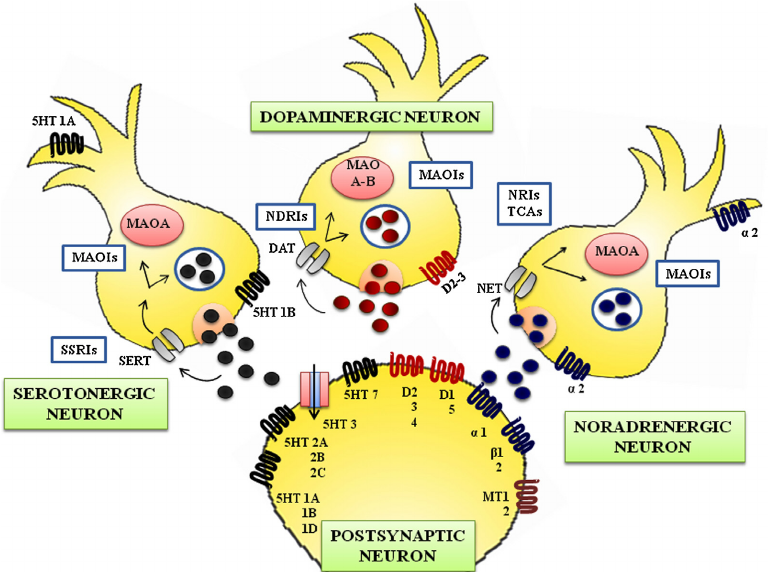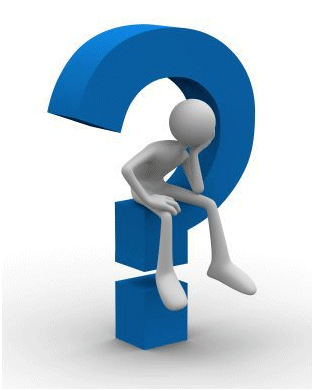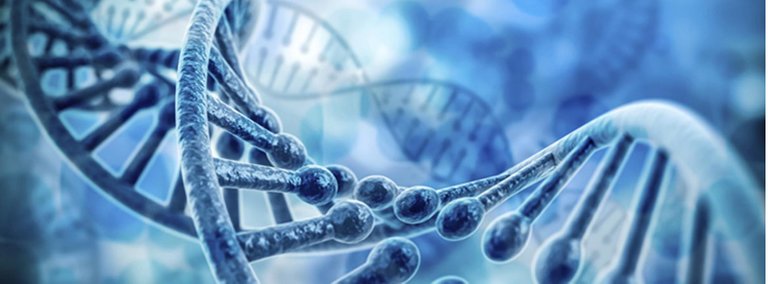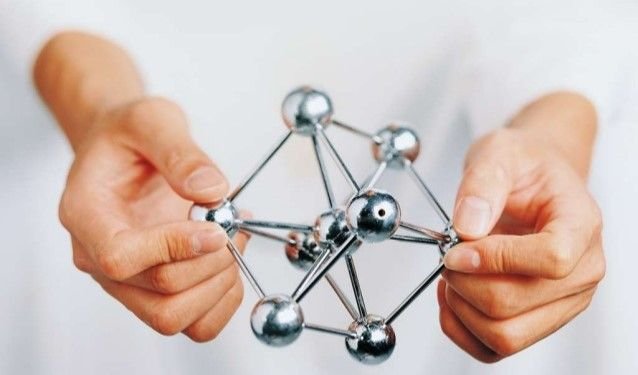Emotions,in broad sense,are mainly of two types; Affect(a short lived emotional response to an event) and Mood(a sustained & pervasive emotional response which hampers whole psychic life).Mania and Depression are two extremes of affective disorders.When people can't differentiate between Affect and Mood,they land up in overuse of anti depressants,creating a different scenario of other problems.
Hello steemians! Today I am discussing over rapidly growing use of antidepressants and how genetic modification has affected it.I hope you will find this post interesting enough.

source
Depression is a highly prevalent public health isuue,having varying prevalence across many countries.Almost 350 millions and counting have been documented as suffering from Major Depression Disorder worldwide.This is just a documented record.A large part of world population,who either hesitate to present themselves as depressive patients or who are unaware about the condition,still exist in large number.So,as per recorded and non recorded data,there exist a vast number(millions) who are going through this mood affective disorders.
Increasing prevalence of Depressive Disorder and inability to differentiate between Depression and Affect has lead to increasing use of Antidepressants.
Whatever be the cause,either it be effective diagnosis of Depression or the mass misconception judging any form of psychological discomfort as depression,the consumption rate of antidepressants is promising.But,the choice of which drug to be used varies based on different places,efficacy of drugs,genetic makeup of individual for drug metabolism and many others.
A Brief History of Antidepressants

source
In 1951, Isoniazid was found to have mood elevating effect in patients suffering from Tuberculosis.Iproniazid,a derivative of isoniazid and Monoamino oxidase inhibitor(MOA) was introduced in 1958 for the treatment of depression.Similarly,the first tricyclic antidepressant, Imirapine was introduced in 1958 which had structural difference of replacement of sulphur with an ethylene linkage,making it effective in depressed patients rather than psychotic patients.Since 1958,the number of antidepressants have been gradually increasing and so is the consumption rate.
So,what are the different types of antidepressants that are being used and how do they work?Let's discuss something regarding that.

source
Over the past six decades,various antidepressants with an assortment of effects on metabolism of biological amines and on pre/post junctional cholinergic receptors have been introduced worldwide.So,a fixed classification of antidepressants is challenging.However,the following groups can be considered as working classification.
Tricyclic Antidepressants(TCA's)
-Amitriptylin, Imipramine ,Doxepine, Nortriptyline,Desipramine,ReboxetineSelective Serotonin Reuptake Inhibitors(SSRI's)
-Citalopram,Escitalopram,Fluoxetine,Paroxetine,FluvoxamineSerotonin and Norepinephrine Reuptake Inhibitors(SNRI's)
-Venlafaxine,DuloxetineReversible Inhibitors of MOA-A
-Moclobemide,SelegilineAtypical Antidepressants
-Trazodone,Mianserine,Mirtazapine,Bupropion
How do Antidepressants work?

source
The exact mechanism behind the action of antidepressants is unknown.However,predominant action of antidepressants is to increase the catecholamines level in brain(Amine Hypothesis).
- TCA's act by blocking the reuptake of norepinephrine,serotonin and dopamine,thereby,increasing their concentrations at nerve terminals.Also,they cause downregulation of Beta-adrenergic receptors.
- MAO inhibitors act on mono amine oxidase which cause degradation of catecholamines following their reuptake,causing functional increase in norepinephrine and serotonin at receptor site.
TCA's are highly anticholinergic,thereby,causing delay in gastric emptying and slow gastrointestinal motility.Although TCA's can be administered in a single time night dose,however,as a routine clinical practice,it is given in divided doses to prevent accumulated side effects.With regular administration of TCA's,a constant blood level is achieved by the end of two weeks.
It is necessary to continue antidepressants for duration of further 6 months after reaching remission,in first episode of depressive disorder and for longer duration in subsequent attacks to prevent recurrence of symptoms.Prescription of antidepressant in same dose as required for treatment is essential unless adverese effects are seen.
Only when adequate doses have been given for an adequate period(usually 6 weeks) without any clinical response,then the drug can be called ineffective for the patient,requiring change of drug.
For what sort of psychiatric disorders are Antidepressants used?
Antidepressants are used as drugs not only in depressive disorders.The various clinical conditions in which Antidepressants are used are:

source
Depression
1.Major Depressive Disorder
2.Depressive episode with psychotic features
3.Reactive depression
4.Depressive equivalents and masked depression
5.Atypical depression
6.Secondary depression(Hypothyroidism,Cushing's syndrome)
Child Psychiatric disorders
1.Enuresis
2.Somnambulism
3.School phobia
4.Night Terrors
Other Psychiatric Disorders
1.Panic attacks
2.Obsessive compulsive disorders
3.Cataplexy
4.Bulimia Nervosa
5.Depersonalisation Syndrome
6.Post traumatic stress Disorder
7.Nicotine Dependence
8.Alcohol Dependence
Despite the use of so many drugs belonging to different categories,there comes a querry, what are the reasons behind different efficacy of drugs and despite the introduction of new drugs with positive outcome to previous shortcomings,what are the reasons behind their failure?Has genetics got anything to play with it?Can genetic modification bring a better outcome to boost antidepressant response rate?The answer is debatable.
Genetic linkage with Antidepressants

source
The relationship between genetic makeup and antidepressants efficacy has always been a matter of concern among the researchers.Almost 25-35 antidepressants are present for major depressive disorders.However.the treatment response depends upon duration of onset,efficacy and duration of action.Genetic variability is responsible for this difference in treatment response.
Recently researches have found that a genetic variant is associated with response to atypical antidepressants(Bupropion) in patients with major depression.The treatment with Bupropion in individuals having genetic variant rs1908557,is ineffective.Similarly,different genetic variants have been identified associated with long term depression,circadian rhythm and vascular endothelial growth factor pathway.
Genetic modification can bring about a change in these action of genetic variants which will ultimately be contributory to increased response rate of Antidepressant treatment.Genotyping of a specific gene contributing to increase in enzymatic action for increased metabolism may boost up antidepressant response.
Genotyping of CYP2C19, the enzyme that metabolizes the antidepressant of SSRI's group(Escitalopram),can show therapeutic responsiveness to the drug.Based on this response,antidepressant drugs can be personalised.
However,this genotyping leading to higher interindividual variation in metabolism may cause either very high or very low level in serum,thereby increasing incidence of side effects or failure of therapeutic response respectively.
Recent advances

source
Recent advances in the field of depression treatment has brought a new concept of use of Ketamine as a treatment choice in depression. Ketamine,also know as Special K,is an anesthetic drug having analgesic effect.However,recently Ketamine has been developed as major option in treating severe depression when other antidepressants fail to produce effects,mainly in elderly patients.
Unlike Antidepressants,Ketamine block NMDA receptors and opioid receptors having role in depression.
Inshort,Ketamine change the way brain cells maintain communication with each other.Ketamine acts within hours and has long lasting effects on depression.
The ongoing Genetic modifications and other recent advances in this field of medicine is promising.Let's hope for a better outcome for the global problem of depression in upcoming days.
Depression,Let's Talk. The greatest remedy for Depression,Just put on a smile to avoid it!!
References:
1.A short text book of psychiatry by Niraj Ahuja
2.Essentials of Medical Pharmacology by KD Tripathi
3.https://www.medscape.com/viewarticle/891561
4.https://www.medscape.com/viewarticle/869394
5.https://www.webmd.com/mental-health/news/20170706/ketamine-and-depression-faq
6.https://www.psychiatry.org/patients-families/depression/what-is-depression
That's all for today.Thank you all for your time.Hope you got some information regarding the topic proper.Feel free to comment if you have any queries. If You like the post,please upvote and resteem the post and follow @cenate for similar posts in upcoming days.
What is that first picture, it is so horrible. Great post.
Thanks fella!! Picture depicts thousand words!!